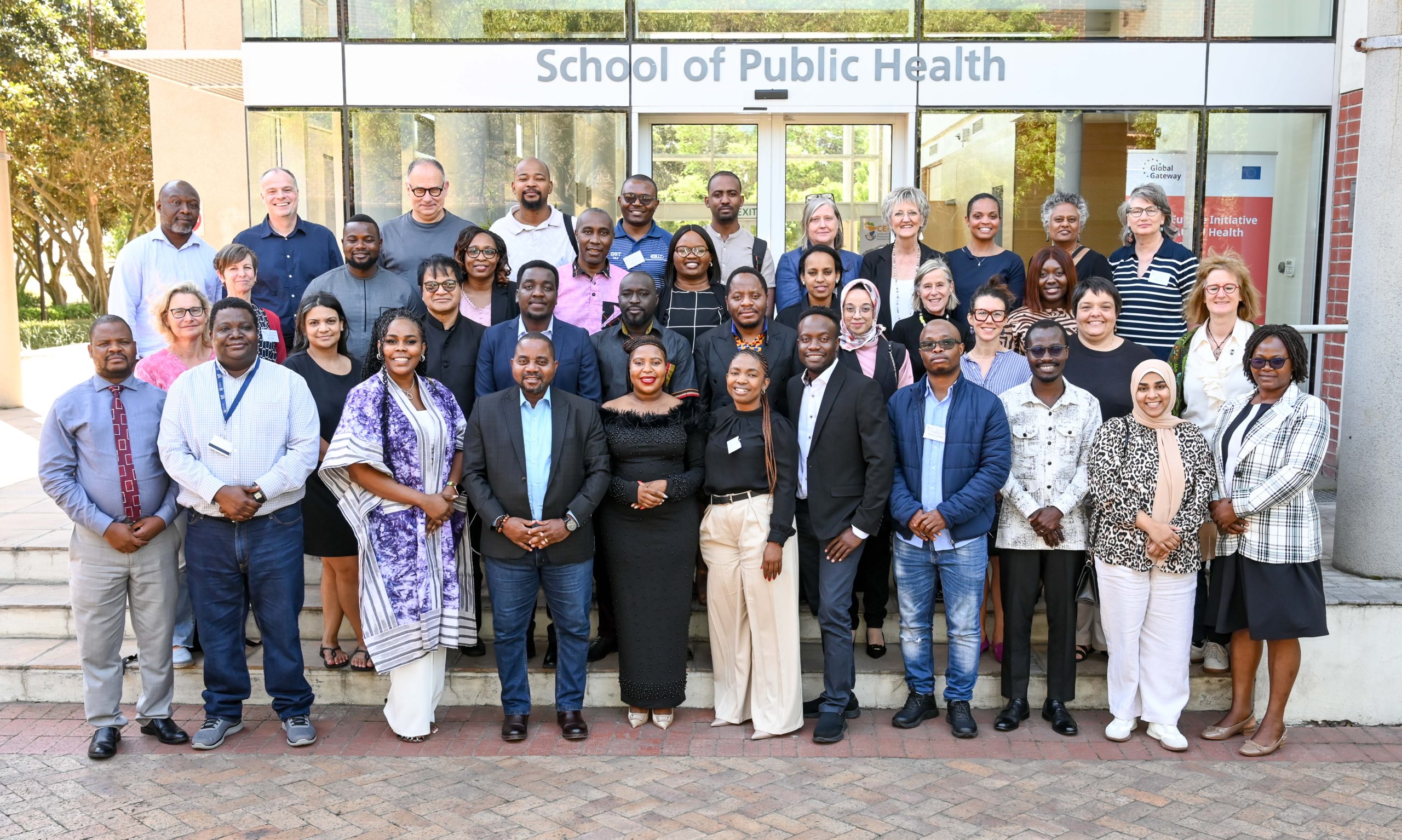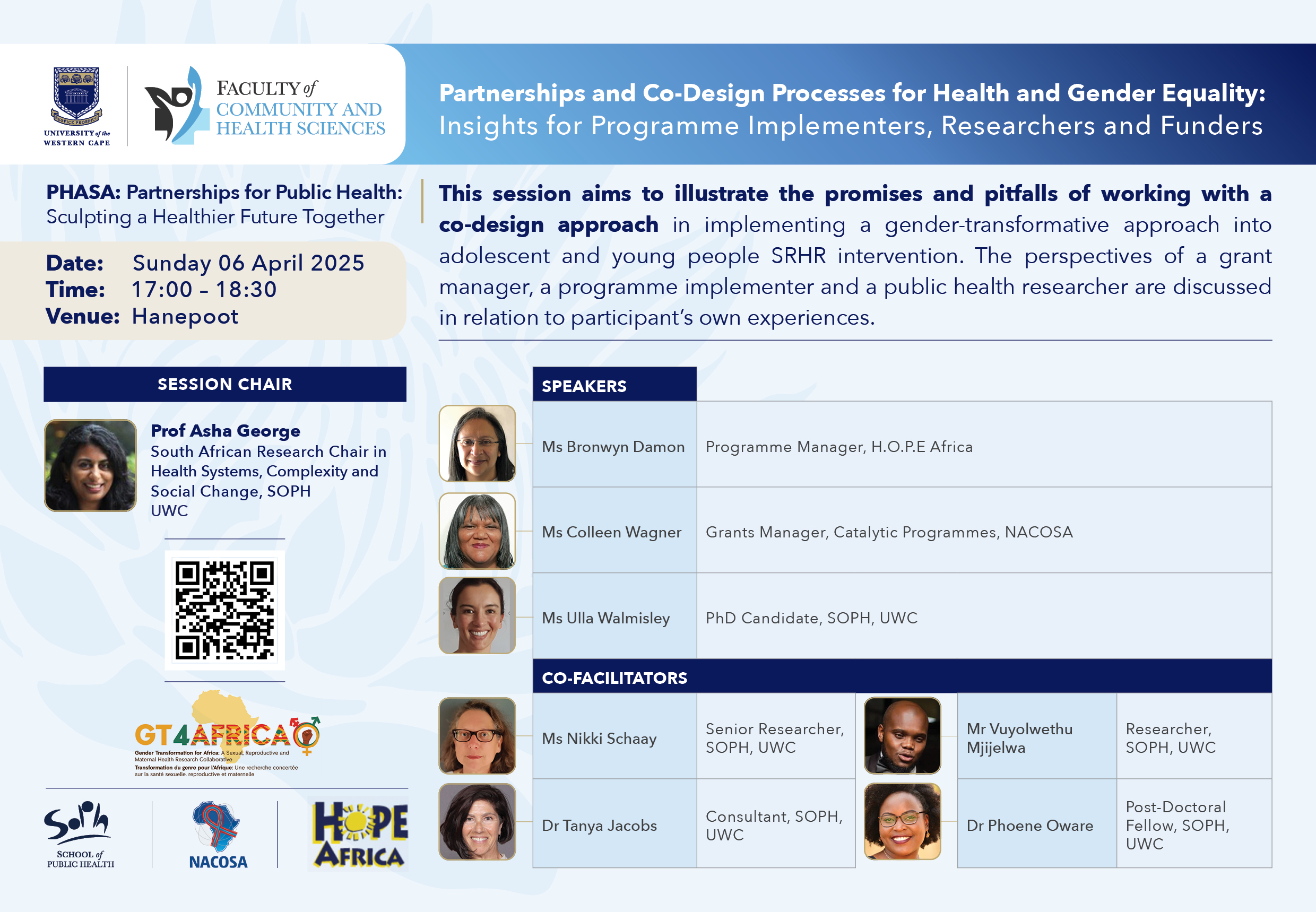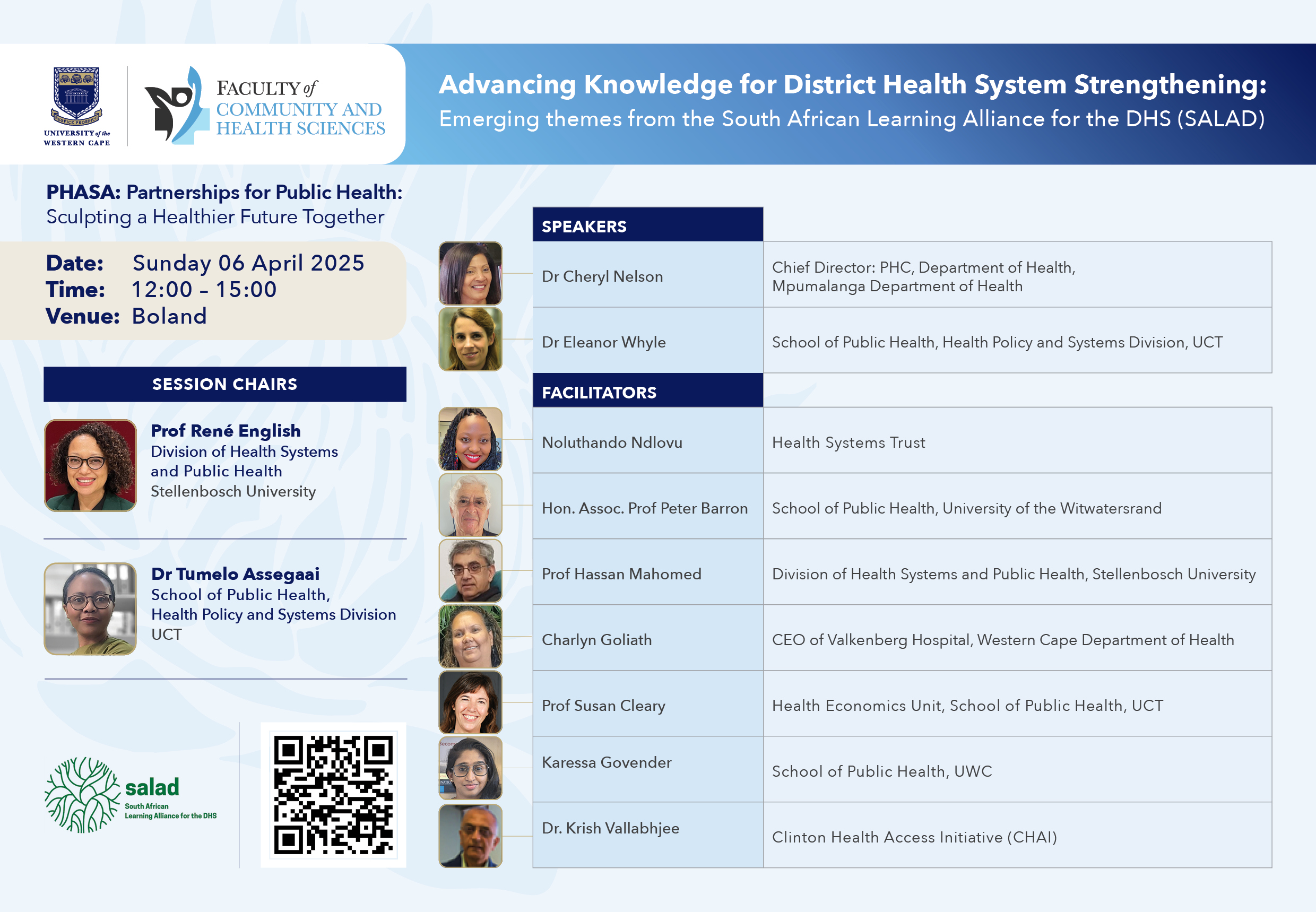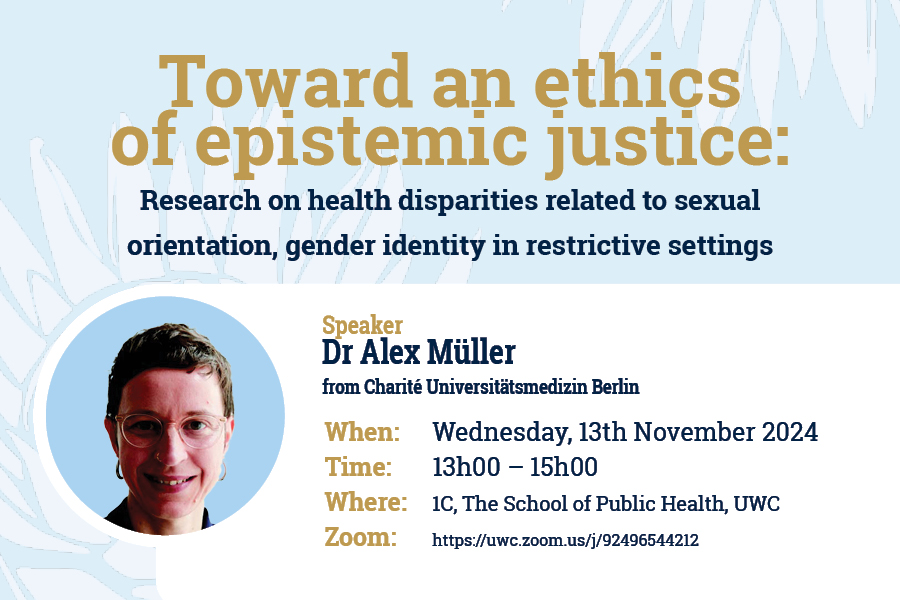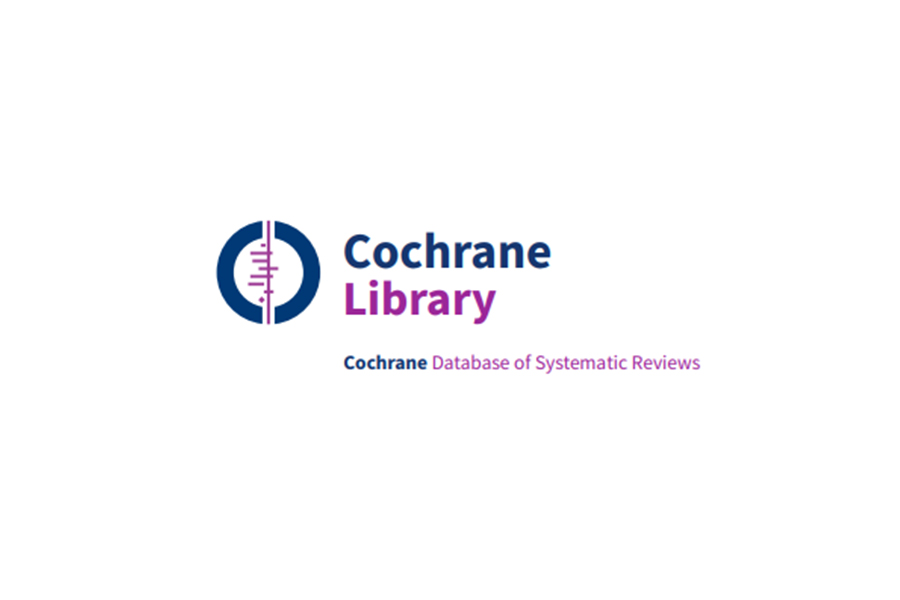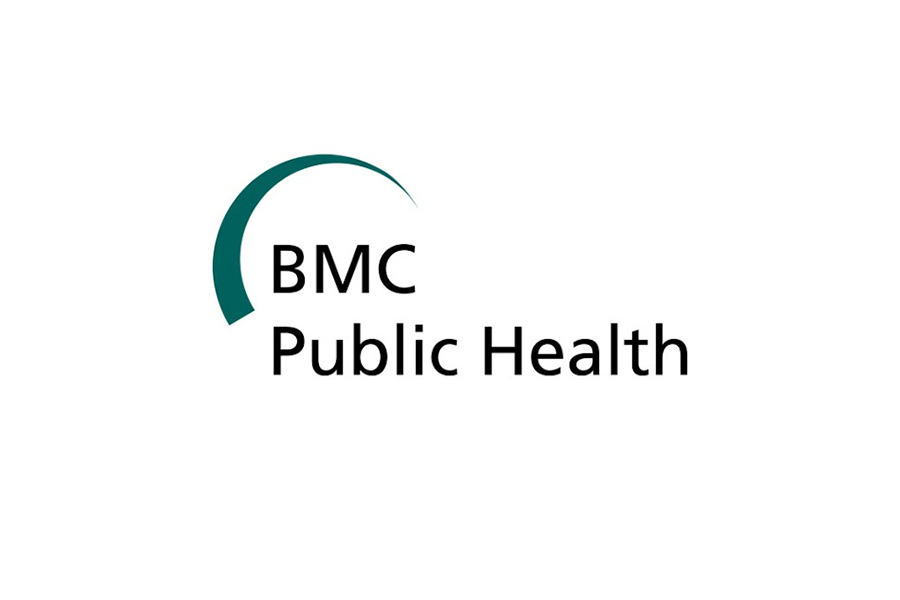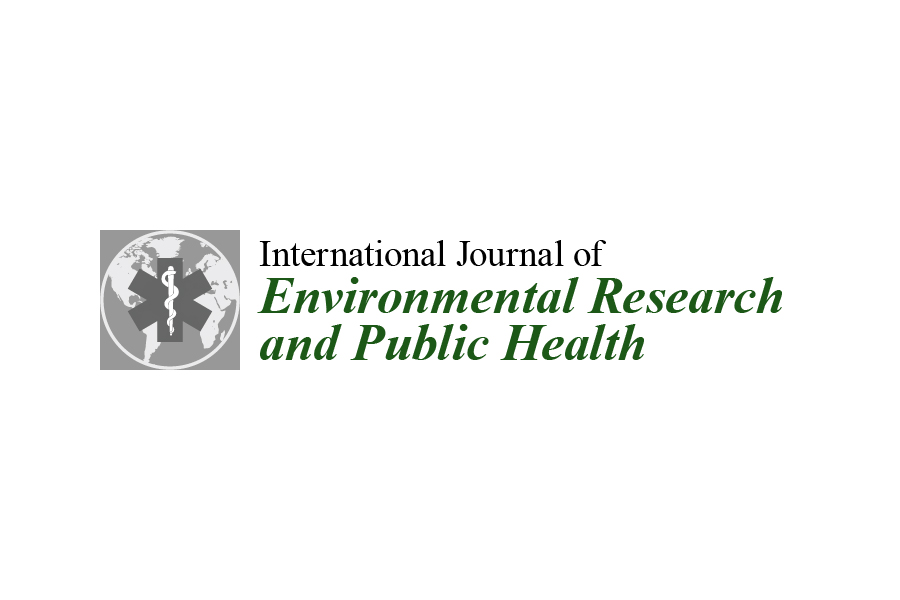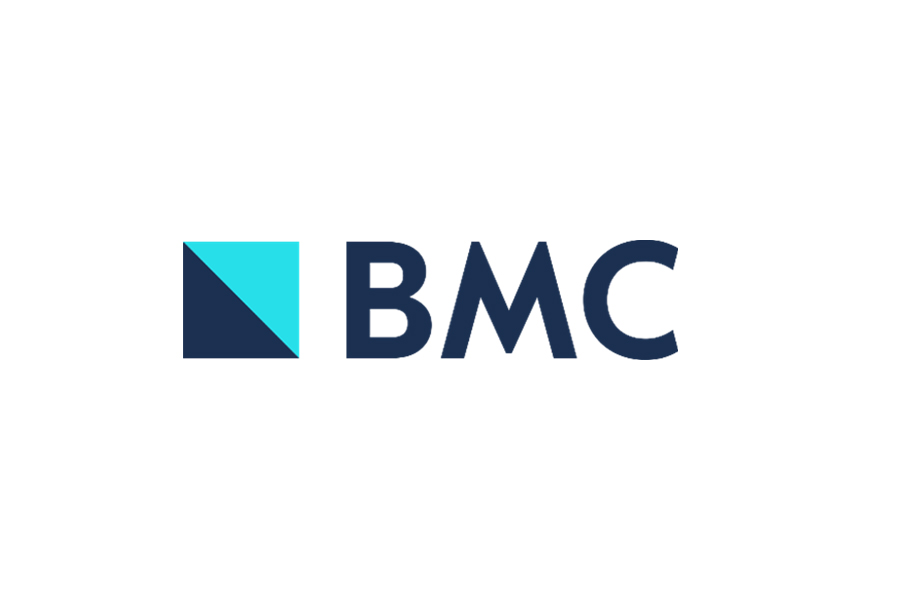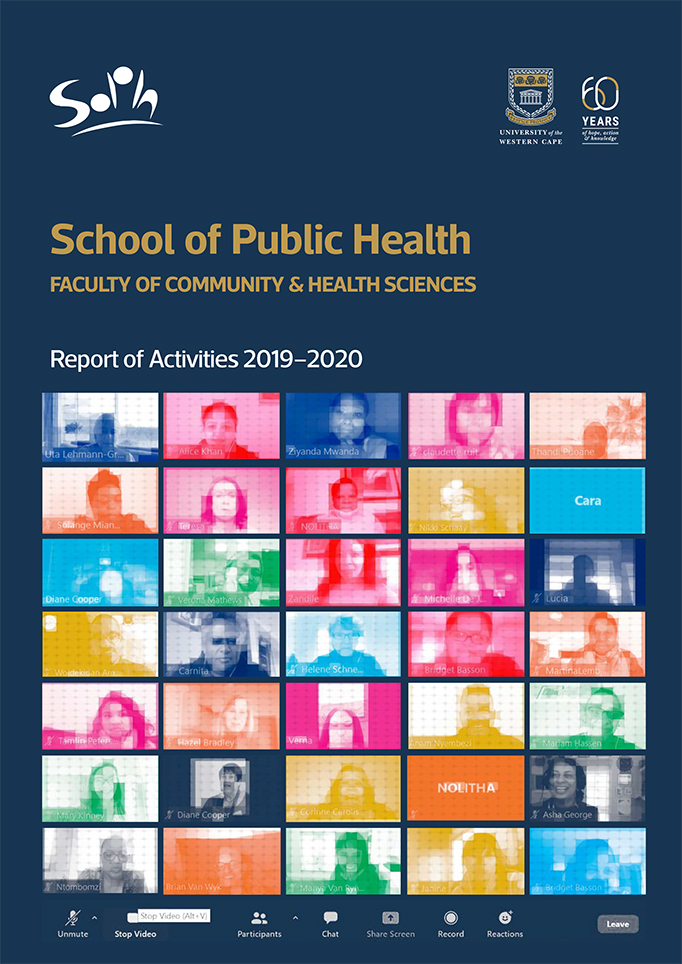Health services and systems, rooted in human rights and social justice.
The purpose of the School is to support and train policy makers and implementers who are knowledgeable and skilled in the principles and practice of public health
Report of Activities 2019 – 2020
We have published reports of our activities every two years for about the past twenty years.
This year we are publishing it electronically for the first time, perhaps reflecting the rapidly accelerated replacement of print with on-line resources (although I don’t think I will change my preference for reading in print). But while the electronic format will make the report easily available around the world, easily readable on mobile phones and tablets, I am also aware that the ubiquitous presence of on-line meetings, digital resources and a world of information that can be tapped any time does not mean equitable access. When we surveyed our students and short course participants last year, we learned that while access has increased substantially, bandwidth, data access and data cost, remain substantial barriers



